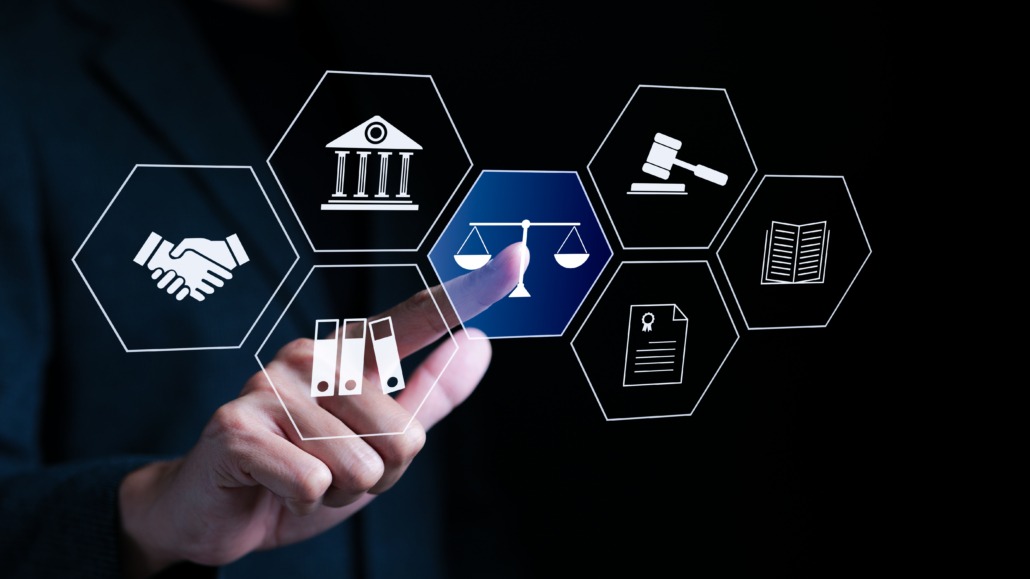Questions then arise about who can be served with a subpoena, under what legal authority, and via what traditional and alternative methods.
Increasingly, complex litigation is international with many documents and witnesses beyond the U.S. borders. For purposes of discovery, serving discovery subpoenas to obtain access to those documents and witnesses can quickly become a complex legal endeavor. This can be particularly problematic if the foreign person or a U.S. citizen residing overseas is actively seeking to evade being served with the subpoenas. Questions then arise about who can be served with a subpoena, under what legal authority, and via what traditional and alternative methods.

A recent bankruptcy court case — In re Three Arrows Capital, Ltd., 647 B.R. 440 (Bankr. S.D.N.Y. 2022) — approved the use of service via email and Twitter (now known as X) as alternative methods of serving a U.S. subpoena on a U.S. citizen residing overseas.
In that case, the bankruptcy court held that, by its wording, Federal Rule of Civil Procedure 45 (“Rule 45”) does not allow for service of subpoenas on persons outside the U.S. who are not U.S. nationals or residents. However, in Three Arrows Capital, one of the subpoena targets WAS a U.S. citizen residing, at times, in Singapore and elsewhere overseas. As such, the court held that service of the discovery subpoena was allowed under Rule 45.
However, as noted, the target in question resided, for a time, in Singapore, but was actively moving from place to place. The evidence and history strongly suggested that the subpoena target was actively evading service of the subpoena. As a result, the trustees who were seeking the discovery asked the bankruptcy court to approve alternative service of process. In particular, the trustees asked to serve the subpoena — under Rule 45 — via email and via Twitter. The email account was one that had been recently given to the trustees for the purpose of fielding informal discovery questions. Further, evidence was presented showing “recent and actual use” of the email account. The same was shown for a Twitter account used by the subpoena target. The bankruptcy court was asked to approve service of the subpoena through both methods as alternatives to traditional service.
In resolving the question, the court noted two overriding legal issues:
The bankruptcy court resolved both issues in favor of the trustees. The evidence showed a clear pattern of avoiding discovery and past diligent efforts had failed. As for notice, the evidence showed actual and recent use of the email and Twitter accounts at issue. Thus, the court held that the alternative service would likely reach the target and provide notice.
The court also noted another legal issue: whether the proposed alternative methods of serving subpoenas to a person residing in a foreign nation would provide probative evidence of actual receipt of the subpoenas. This can be a thorny legal issue since proof of service is legally important. Some email services can verify that an email has been opened, but many services do not allow for that. Twitter has no such option. However, proof of receipt can be a factual matter proven in other ways.
Thus, it turns out that the alternative methods of service were accomplished on January 5, 2023, and, thereafter, the target was active on social media, having “tweeted” or “retweeted” dozens of times on Twitter after that date. Further, with Twitter being a public type of social media, the tweet serving the subpoena was seen and, according to the court, there were a large number of replies (41) and retweets (64) regarding the subpoena following service. As such, the court ultimately concluded that the target was “undoubtedly aware of the subpoena…” and approved a later-filed Motion To Compel Discovery filed by the trustees.
For more information, contact Ancillary Legal at (404) 459-8006. We have the deep experience, staffing, and resources to help you satisfy the requirements for proper and valid international service of process. We focus on litigation support domestically and internationally and can ensure that your time can stay focused on the substance of your matter and not procedural technicalities. Contact us today to find out how we can help you.

Contact us for a free consultation with an Ancillary Legal representative.